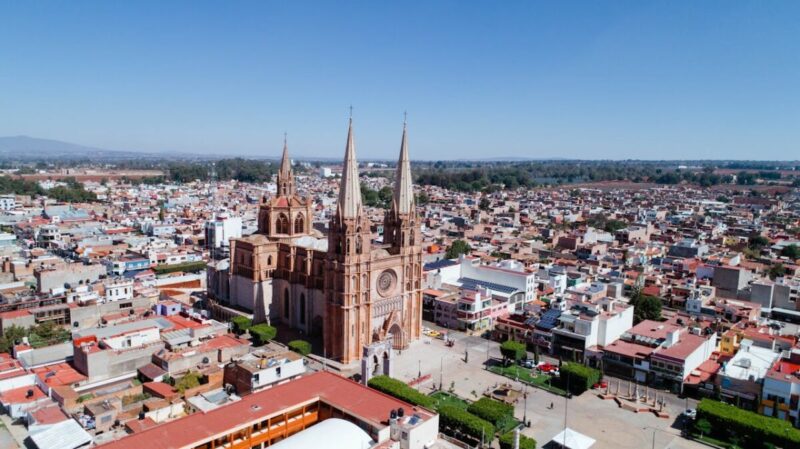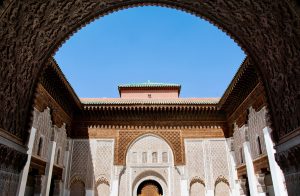Blessed Hermann of Reichenau 11C
Blessed Hermann of Reichenau, or Herman the Cripple, was born July 18, 1013, and he died on September 24, 1054. He was also known by other names, was an 11th-century Benedictine monk and scholar. As a writer, he composed works on history, music theory, mathematics, and astronomy, as well as many hymns. Blessed Hermann has traditionally been credited with the composition of “Salve Regina,” “Veni Sancte Spiritus,” and “Alma Redemptoris Mater,” but these attributions are sometimes questioned. His beatification was confirmed by the Catholic Church in 1863, though he is not yet a saint. Though he will he soon. Do you think Blessed Hermann should be a saint?
Blessed Hermann of Richenau Biography
Blessed Herrmann of Richenau was born in 1019 in Altshausen, Duchy of Swabia, Holy Roman Empire. Little is known of his family or birth order. He was very likely well-educated because he was such an accomplished writer. It is also likely that he studied music, because he wrote hymns and music. One of the most interesting things about him is that he was known by many different names.
BlessedHermann’s name is sometimes anglicized as Herman or Latinized as Hermannus; it sometimes also appears in the older form Heriman. He is sometimes distinguished as Hermann of Vöhringen from his birthplace. He is better known as Blessed Hermann of Reichenau, from the location of his monastery on Reichenau Island in Lake Constance in the Holy Roman Empire.
Blessed Hermann is sometimes known as Hermann the Lame or Hermann the Cripple, as he was crppled for his entire life. He was the son of the Count of Altshausen. He was disabled due to a paralytic disease from early childhood. He was born on July 18, 1013, with a cleft palate and cerebral palsy, and is said to have had spina bifida. As a result, he had great difficulty moving and could hardly speak. At seven, he was placed in a Benedictine monastery by his parents, who could no longer look after him.
Blessed Hermann grew up in the Abbey of Reichenau, an island on Lake Constance in Germany. He learned from the monks and developed an interest in both theology and the world around him. At twenty, Blessed Hermann became a Benedictine monk, becoming literate in several languages, including Arabic, Greek, and Latin.
Blessed Hermann believed his vocation was to write. He wrote about history, mathematics, astronomy, Christianity, a treatise on the science of music, several works on geometry and arithmetics, and astronomical treatises, including instructions for the construction of an astrolabe, which caused him to sometimes be credited as its inventor. As a historian, he wrote a detailed chronicle from the birth of Christ to his own present day, ordering them after the reckoning of the Christian era.
Blessed Hermann was a renowned religious poet and musical composer. Among his surviving works are biographies of St. Afra and St. Wolfgang. When he went blind in later life, he began writing hymns. He was famous enough that he appears to have been credited with compositions by later writers; among the works traditionally attributed to him are the Salve Regina (which is still widely sung at mass, and you can listen to here: Salve Regina), Veni Sancte Spiritus, and Alma Redemptoris Mater.
Blessed Herman died on Reichenau on September 24, 1054, at the age of 41. The Roman Catholic Church beatified him in 1863, but has not yet declared him a saint. Three of the five symphonies that were written by him are used by the Russian composer Galina Ustvolskaya is based on his texts. So, he is quite noteworthy and extraordinary.
Conclusion
Jesus said, Blessed be the meek. Saint Hermann was definitely meek; he was crippled. He could hardly move and could not speak. Because his parents could not care for him, he was placed in a Benedictine Monastery at age seven. He believed writing was his vocation, and he went to extreme lengths to do that, writing hymns after he went blind and various tracts beforehand. He demonstrates that anyone can achieve great things.





